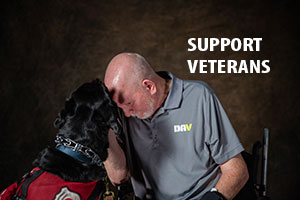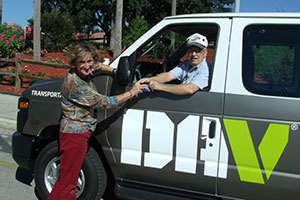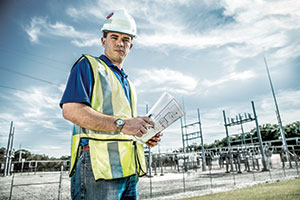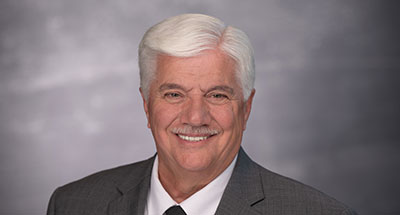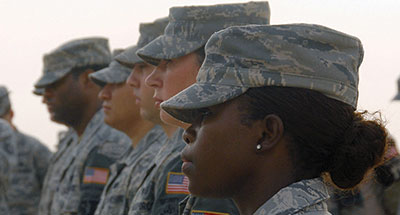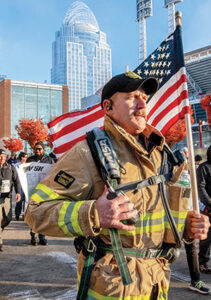Post-traumatic stress disorder (PTSD) impacts 11-20% of Iraq and Afghanistan War veterans, approximately 12% of Gulf War veterans, and 15% of Vietnam veterans. In addition to the combat-related PTSD, roughly 1 in 4 women and 1 in 100 men utilizing the VA report instances of sexual harassment or assault, which can also result in prolonged traumatic stress.
How do you know if you or a loved one suffer from PTSD or complex PTSD?
PTSD Symptoms:
Reliving the event – Awake or asleep, a trigger can cause painful memories to surface and make the sufferer feel as though they are experiencing the event all over again.
Avoidance – Veterans will often avoid situations that remind them of the event. For example, some veterans avoid crowded places or loud, overstimulating situations. Some veterans will even avoid talking about the incident that effects them.
Persistent negative emotions – Veterans who experience PTSD can be overwhelmed by negative feelings. A veteran may also feel difficulty establishing trust, experience feelings of guilt, shame, remorse, disinterest in previously enjoyable activities, or genuinely find it hard to feel happy.
Hypervigilance or hyperarousal – Veterans experiencing hyperarousal will feel constantly on alert and often uneasy in unfamiliar situations. For instance, they may prefer to find a seat facing the door in a restaurant, watch for dangerous people or objects in normal everyday situations, or feel the need to be near a point of egress. This can be distracting and make it difficult to focus or enjoy simple experiences, like dinner with family. Veterans with signs of PTSD may also find it difficult to sleep or relax, be prone to anger or irritability, startle easily, act recklessly or abuse drugs or alcohol as a coping mechanism.
Does post-traumatic stress disorder have to control the veteran?
In addition to PTSD therapy, there are ways veterans can cope with post-traumatic stress disorder, that empower a suffering veteran to take control rather than allowing it to dominate them. Some of those coping mechanisms are outlined below:
Lifestyle changes – Interacting with other trauma survivors and other veterans who have experience with PTSD, exercising, eating healthy, volunteering, avoiding drugs and alcohol, spending more time with loved ones and practicing optimism are all helpful.
Mindfulness – To be mindful is to be aware of and concentrate on the present instead of dwelling on the past. This can be simple breathing exercises or focusing on a singular thing in your present—perhaps a certain smell or taste—and intensely focusing on that one thing.
Practicing optimism – Hunting for the good stuff in life, the things that create joy and a sense of peace or happiness, can help take focus off feelings of stress or anxiety. At some point in the day, it can be helpful to reflect on the good things that have happened in the last 24 hours. It can be as small as finding your favorite ink pen or something life-changing like the birth of a child—whatever brings feelings of joy.
Peer groups – Finding others who have experienced similar events can help veterans feel comfortable talking about the traumatic events they have experienced and work through the intense emotions associated with them.
Emotional support animals – Many veterans who struggle with PTSD have adopted emotional support animals that help them feel more at ease and comfortable in situations that may otherwise cause them undue stress.
PTSD Treatment
PTSD treatment and other professional help – Sometimes correcting emotional or chemical imbalances in the brain requires the help of professionals. For anyone showing signs of PTSD, there is no shame in asking for help. Remember—it’s not a sign of weakness to ask for help, it’s a sign of strength. The Department of Veterans Affairs Vet Centers offers combat veterans across the country a broad range of counseling, outreach, and referral services for post-traumatic stress and complex PTSD. Additionally, seeking assistance from a local DAV benefits expert can be a first step toward learning about earned benefits or finding the counseling or mental health services needed to diagnose and treat PTSD.
PTSD Therapy
Exploring the options – There are many different ways to gain control over post-traumatic stress and complex PTSD, including integrative care and non-pharmacological options such as talk or recreation therapy, yoga, acupuncture, or meditation. Exploring the different options and being open to new solutions can help veterans overcome the effects of post-traumatic stress disorder.
What resources are available for a veteran struggling with PTSD?
https://www.ptsd.va.gov/index.asp
https://www.nimh.nih.gov/health/topics/post-traumatic-stress-disorder-ptsd/index.shtml

